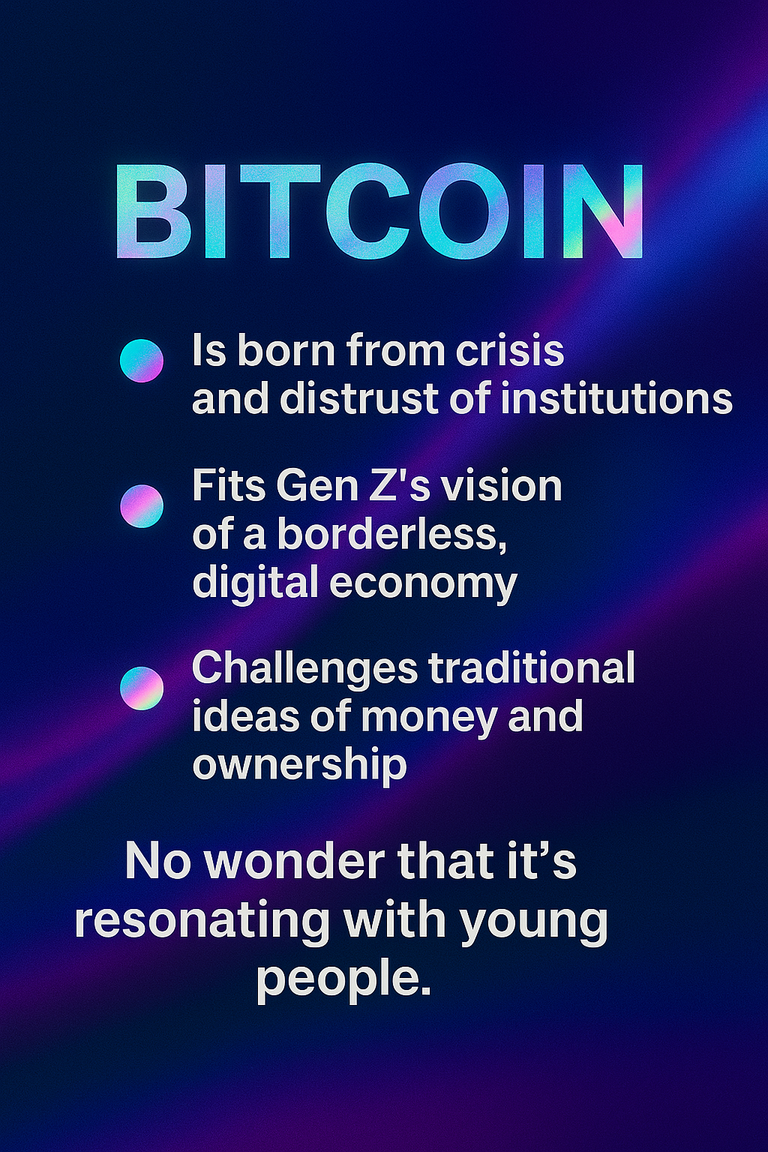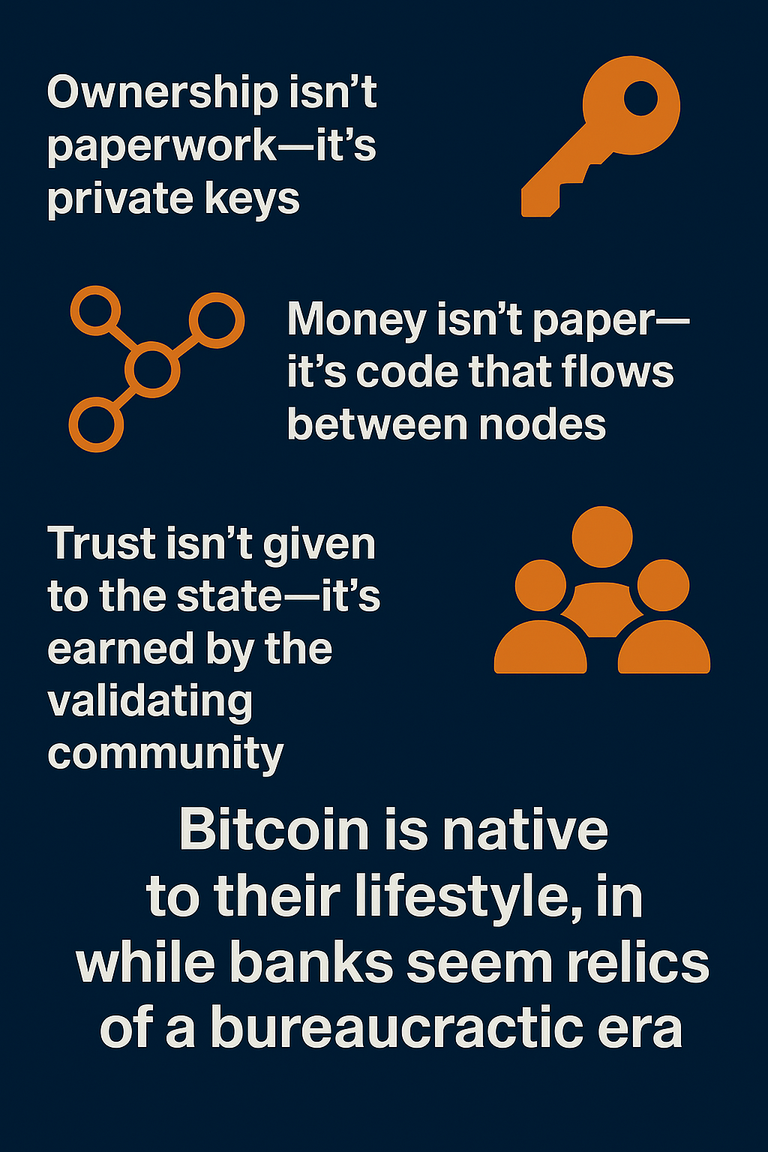The Crisis of Confidence and the Rise of Bitcoin - From Alternative Currency to Strategic Asset
The Crisis of Confidence and the Rise of Bitcoin - From Alternative Currency to Strategic Asset
Bitcoin has exploded again. This time, it's not just an emotional market reaction, but a coordinated move by big players. It has crossed the 123,000 $ mark, and behind this jump are not influencers or memes — but financial institutions, sovereign funds and companies that see cryptocurrency as more than an asset: a replica to the classical system.

Bitcoin is once again becoming synchronized with the Nasdaq. Ethereum, Solana and XRP are approaching all-time highs. Crypto is no longer just a tech bet — it is a cornerstone of the future of money.
Last week, US spot ETFs attracted 2.7 $ billion, and the iShares Bitcoin trust, managed by BlackRock, became one of the 20 largest US funds. Companies that once seemed like fringe players—GameStop, Trump Media—are adopting Michael Saylor’s philosophy: they’re no longer investing in Bitcoin for a quick profit, but for hoarding. Bitcoin is the new gold, only more mobile, more transparent, and impossible to manipulate through monetary policy.
Trump Media, for example, has announced plans to acquire 2.5 $ billion . Other companies are using reverse mergers or SPACs to go public and raise capital dedicated solely to owning Bitcoin. There’s even a new phrase: the “Bitcoin hoarding bubble.” But this bubble isn’t made up of dreamers—it’s made up of accountants, analysts, and CEOs.
On the technical side, the June options expiration created a massive “short squeeze,” and futures volume hit a record $88 billion. The correlation with the Nasdaq has reestablished itself, reinforcing the idea that Bitcoin is now behaving like a legitimate tech asset.
Regulation is starting to take shape. The US is moving towards a legislative clarification in which the CFTC will take over oversight of digital assets. 401(k) pension funds can include Bitcoin, and Congress is hosting an entire “Crypto Week.”
Ultimately, we’re not just talking about a currency. We’re talking about a redefinition of economic trust. If in the 20th century trust came from central banks, in the 21st century it seems to be migrating to protocols, algorithmic transparency, and decentralized networks.
Is Bitcoin a form of elegant protest? A form of “exiting the system,” without noise, without slogans — just with capital?
Financial institutions, sovereign wealth funds, and companies that once operated exclusively in dollars now seem to be adopting Bitcoin as a form of reserve. It doesn’t seem like just an economic choice — but a symbolic act of autonomy from a system perceived as unstable, politicized, or inefficient.
Companies no longer rely on central banks for stability. Instead of monetary policy decisions, they prefer the predictability of an algorithm. The Bitcoin protocol does not lie, does not negotiate, does not print. Reverse mergers, SPACs, ETFs... all these financial instruments are reconfigured for one purpose: accumulating Bitcoin.

